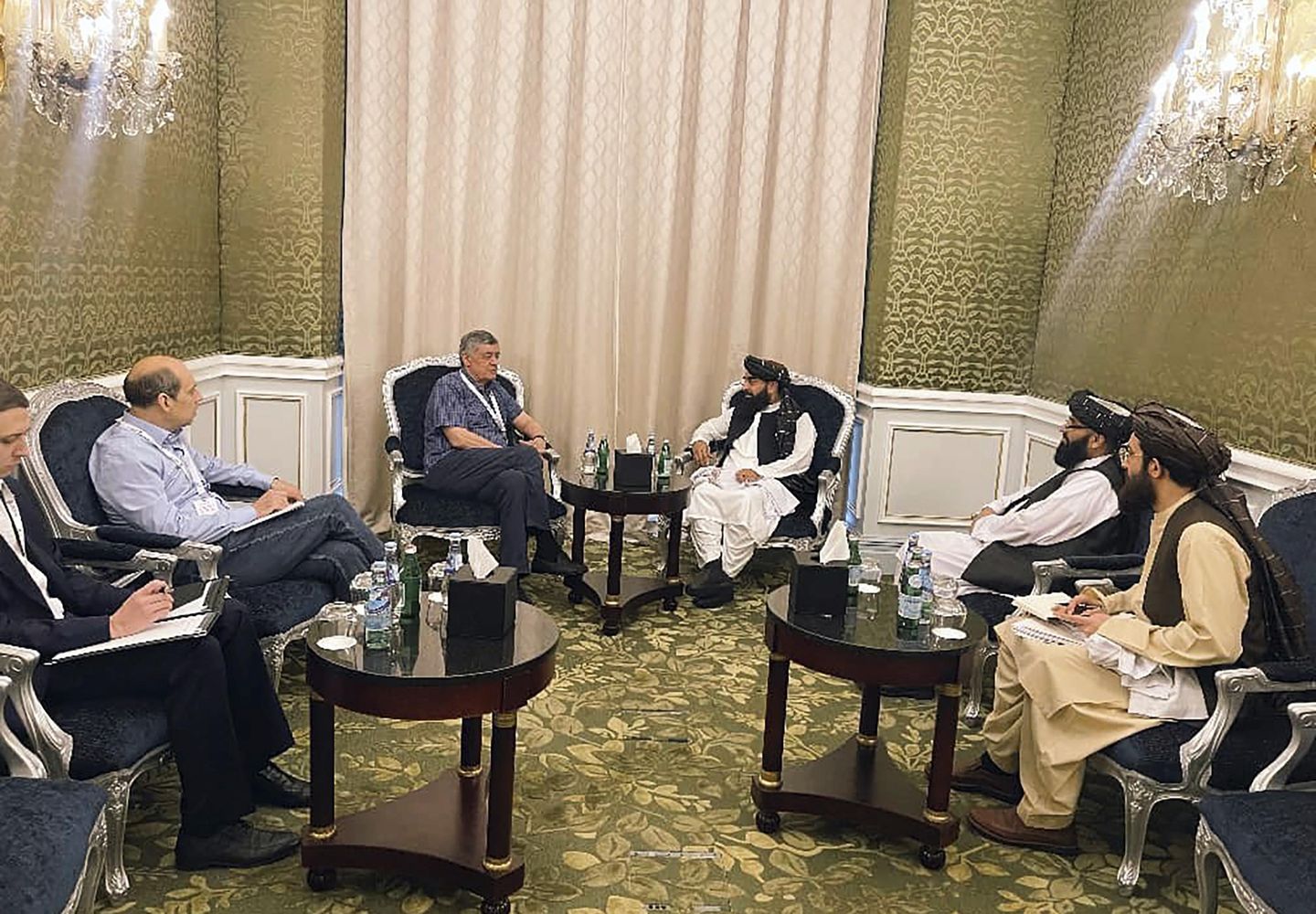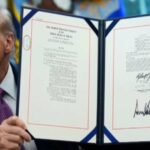The Taliban’s morality police are contributing to a climate of fear and intimidation among Afghans, according to a U.N. report published Tuesday. The report revealed that edicts and some of the methods used to enforce them constituted a violation of human rights and fundamental freedoms.
The Taliban’s morality police, also known as the “vice and virtue” squad, are tasked with ensuring that individuals comply with the group’s strict interpretation of Islamic law. This includes enforcing rules on dress codes, gender segregation, and restrictions on women’s rights.
The U.N. report documented numerous cases of abuse and harassment by the morality police. This included incidents of arbitrary detention, physical violence, and intimidation tactics such as public shaming and humiliation. In some cases, individuals were punished for minor infractions such as improper attire or mixed-gender interactions.
The report also highlighted the impact of the Taliban’s morality police on women and girls. Women and girls are particularly vulnerable to abuse and discrimination under the group’s rule, with restrictions on their freedom of movement, education, and employment. The morality police have been known to target women and girls who do not adhere to their strict rules, often subjecting them to violence and humiliation.
The U.N. report called on the Taliban to immediately cease the activities of the morality police and respect the human rights of all individuals in Afghanistan. It also urged the international community to take action to hold the group accountable for its violations of human rights and fundamental freedoms.
The Taliban’s morality police have been a source of fear and oppression for many Afghans since the group seized power in August. The group’s strict interpretation of Islamic law has led to a rollback of rights and freedoms, particularly for women and girls.
In addition to the activities of the morality police, the Taliban’s rule has also been marked by a crackdown on dissent and freedom of expression. The group has targeted journalists, activists, and members of the LGBTQ community, often resorting to violence and intimidation to silence critics.
Despite promises of a more moderate approach, the Taliban’s actions have continued to raise concerns among human rights advocates and members of the international community. The U.N. report is just the latest in a series of condemnations of the group’s human rights record.
The situation in Afghanistan remains precarious, with many Afghans living in fear of reprisals from the Taliban. The group’s morality police are just one example of the tactics used by the group to maintain control and suppress dissent.
In response to the U.N. report, the Taliban has denied the allegations of human rights abuses by its morality police. The group has claimed that its actions are in line with Islamic law and are necessary to maintain order and security in the country.
However, human rights organizations have called for an independent investigation into the allegations and for those responsible for abuses to be held accountable. The U.N. report has added to the growing chorus of voices calling for action to address the human rights crisis in Afghanistan.
As the international community grapples with how best to respond to the Taliban’s rule in Afghanistan, the plight of ordinary Afghans continues to worsen. The fear and intimidation caused by the group’s morality police are just one example of the challenges facing the country’s population.
It is clear that urgent action is needed to address the human rights crisis in Afghanistan and to hold the Taliban accountable for its violations. The U.N. report serves as a stark reminder of the importance of upholding human rights and fundamental freedoms, even in the most challenging of circumstances.
As the world watches and waits to see how the situation in Afghanistan will unfold, it is crucial that the voices of those affected by the Taliban’s rule are heard and that their rights are protected. The international community must stand in solidarity with the people of Afghanistan and work together to ensure that human rights are respected and upheld.









